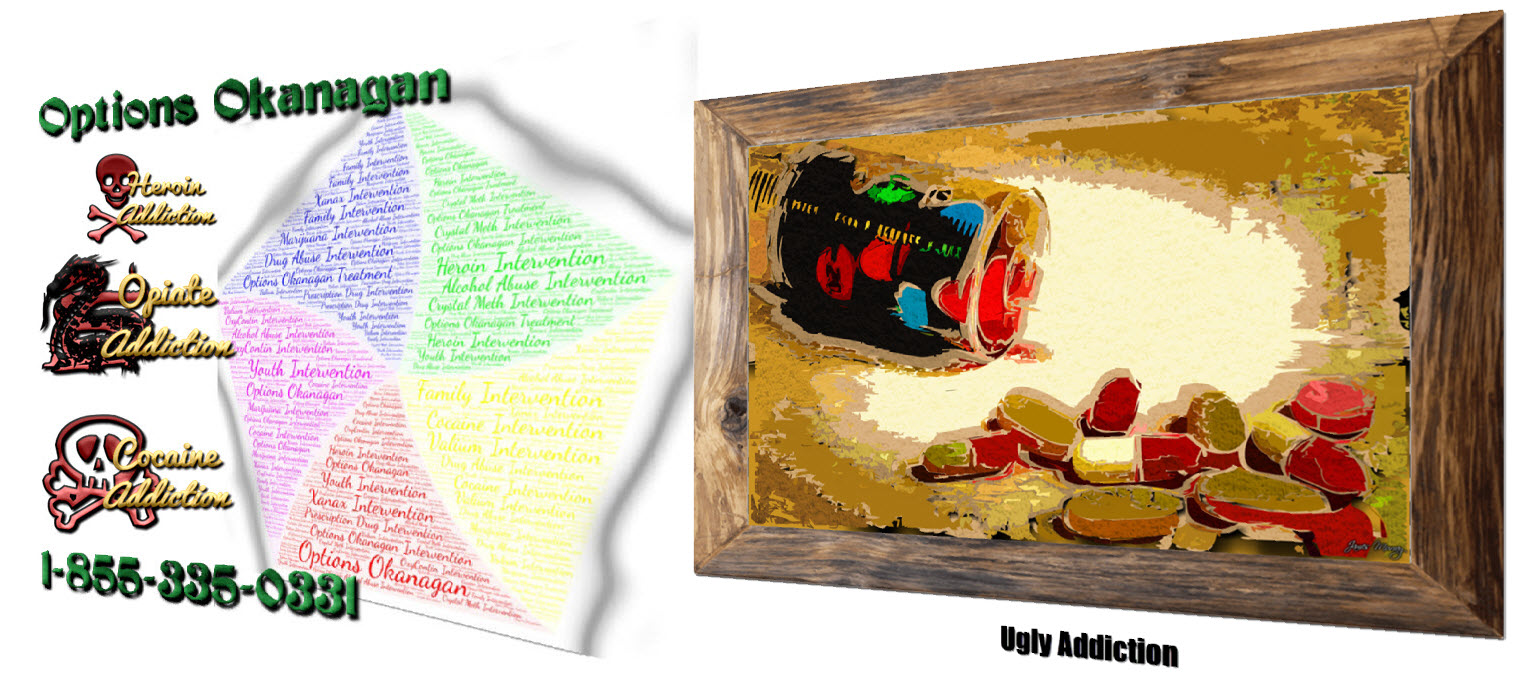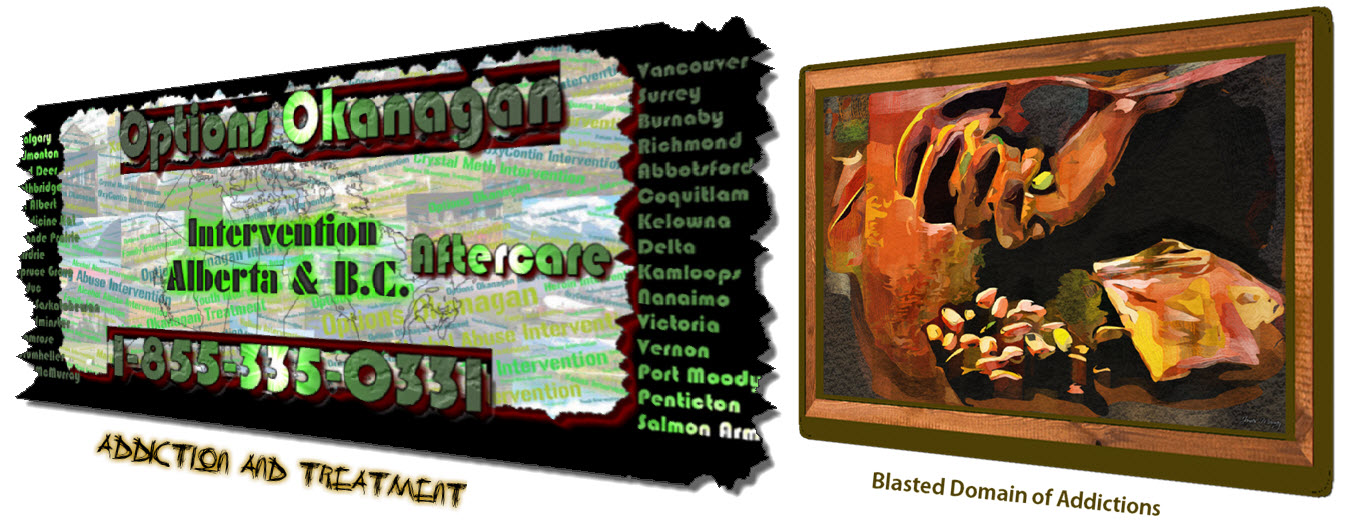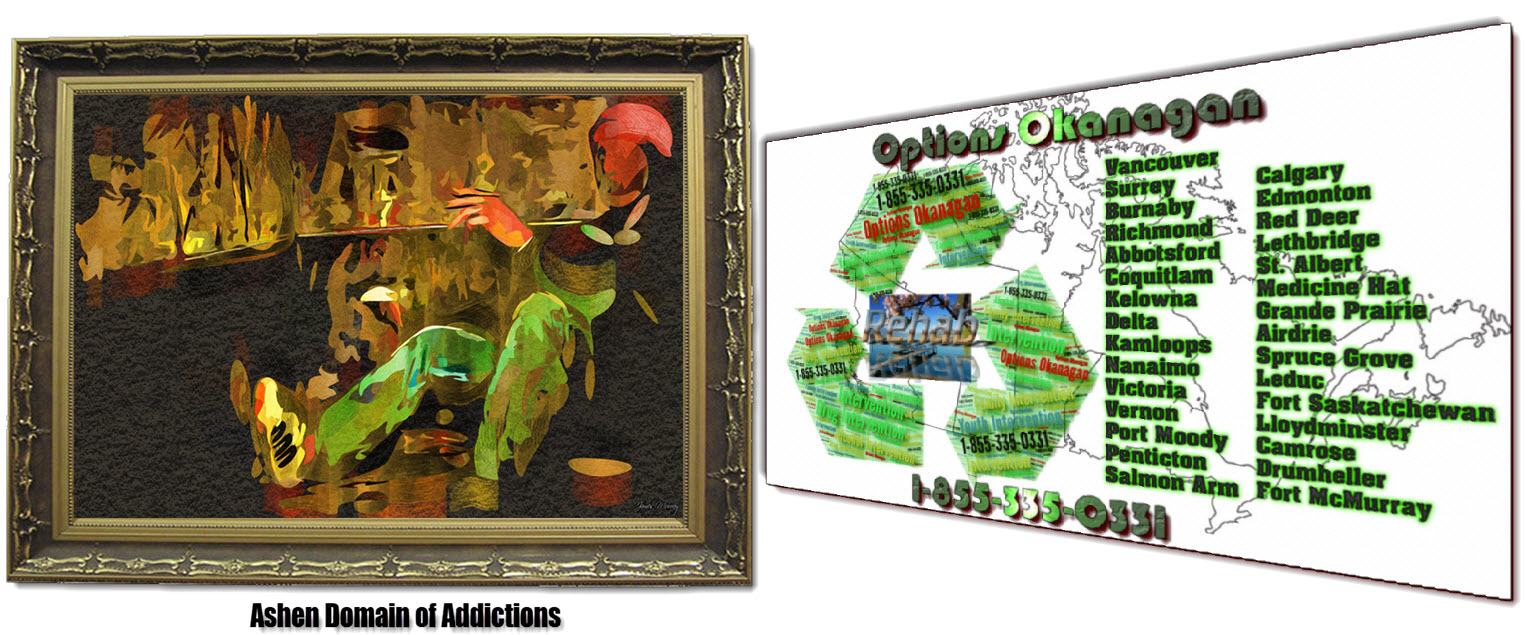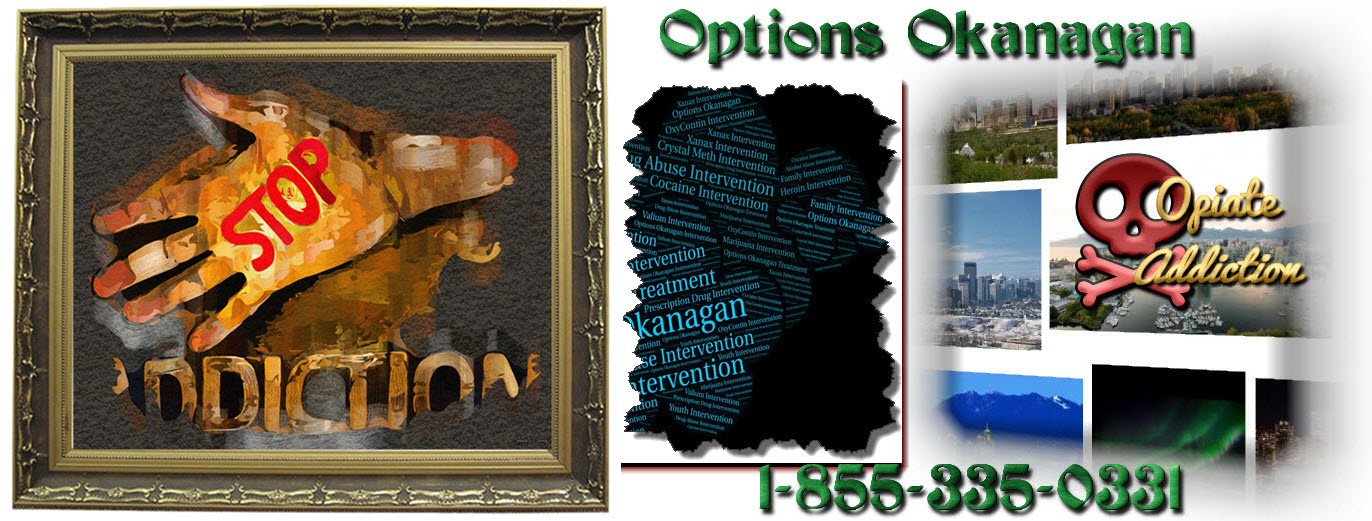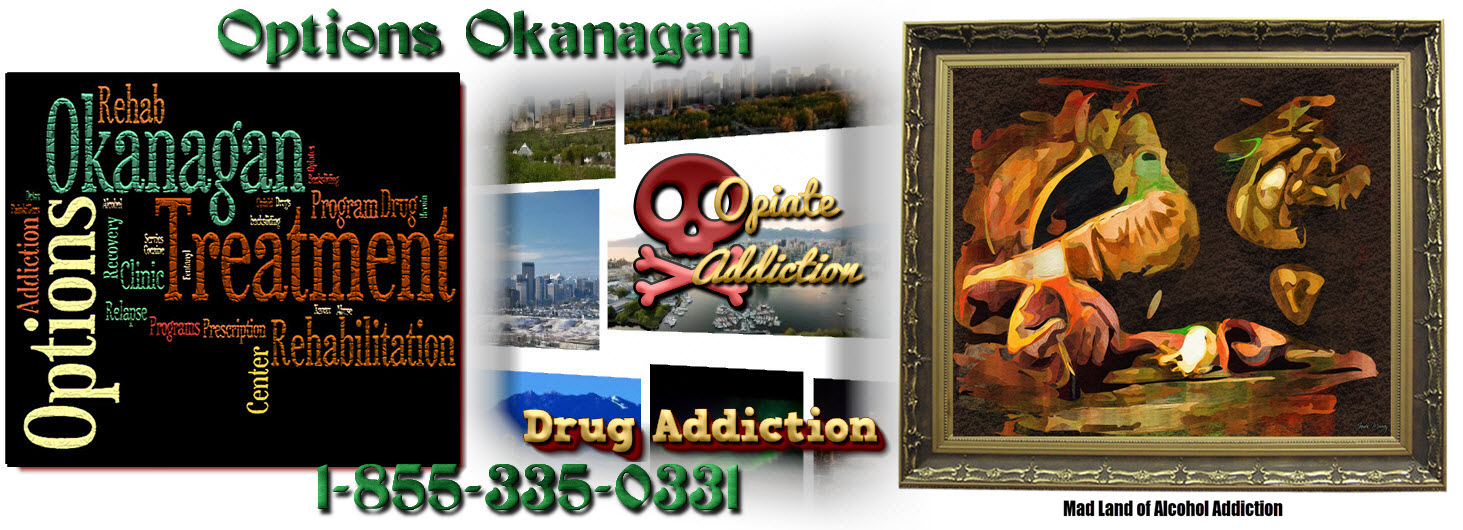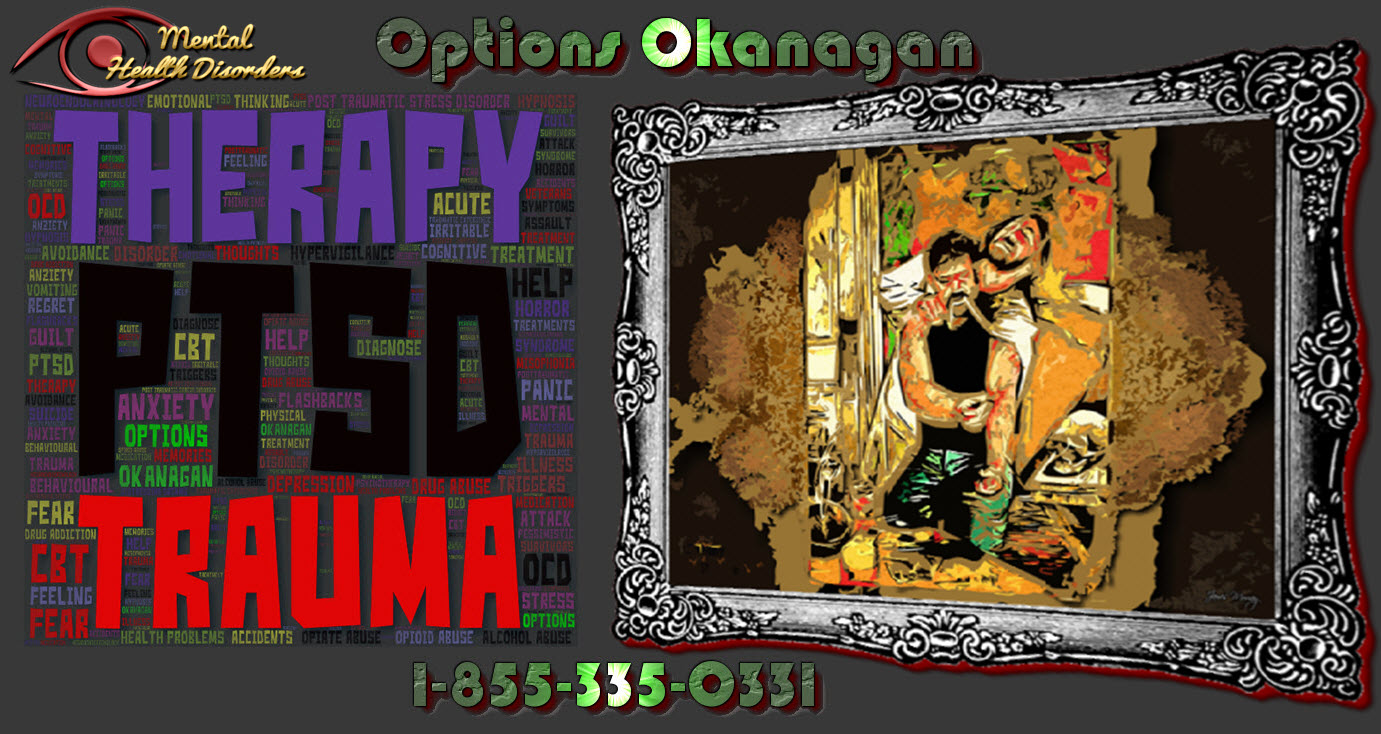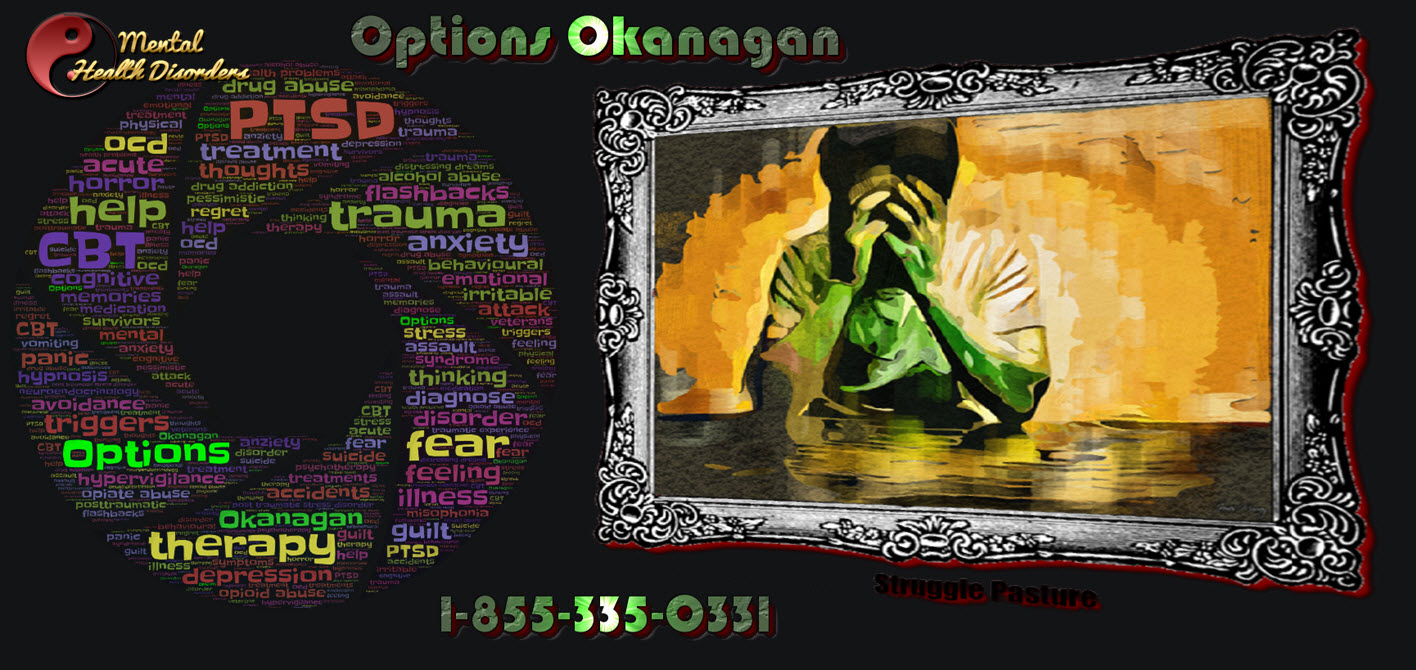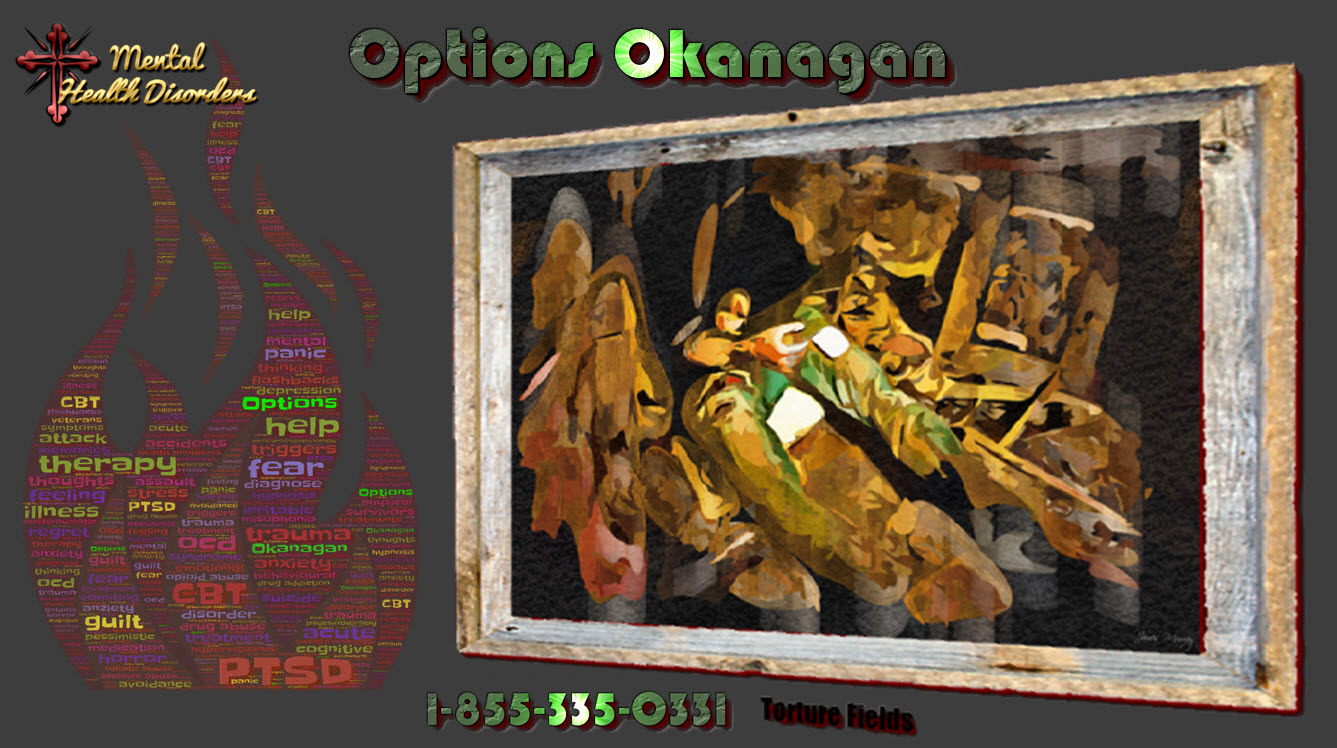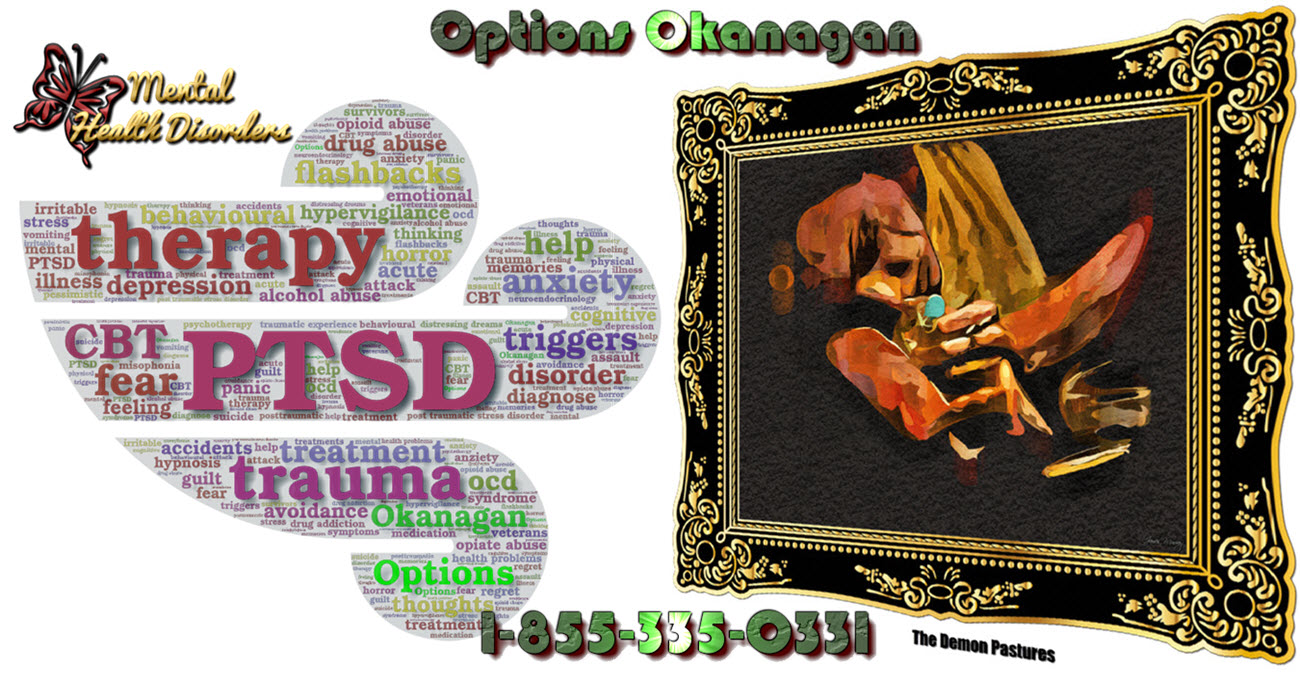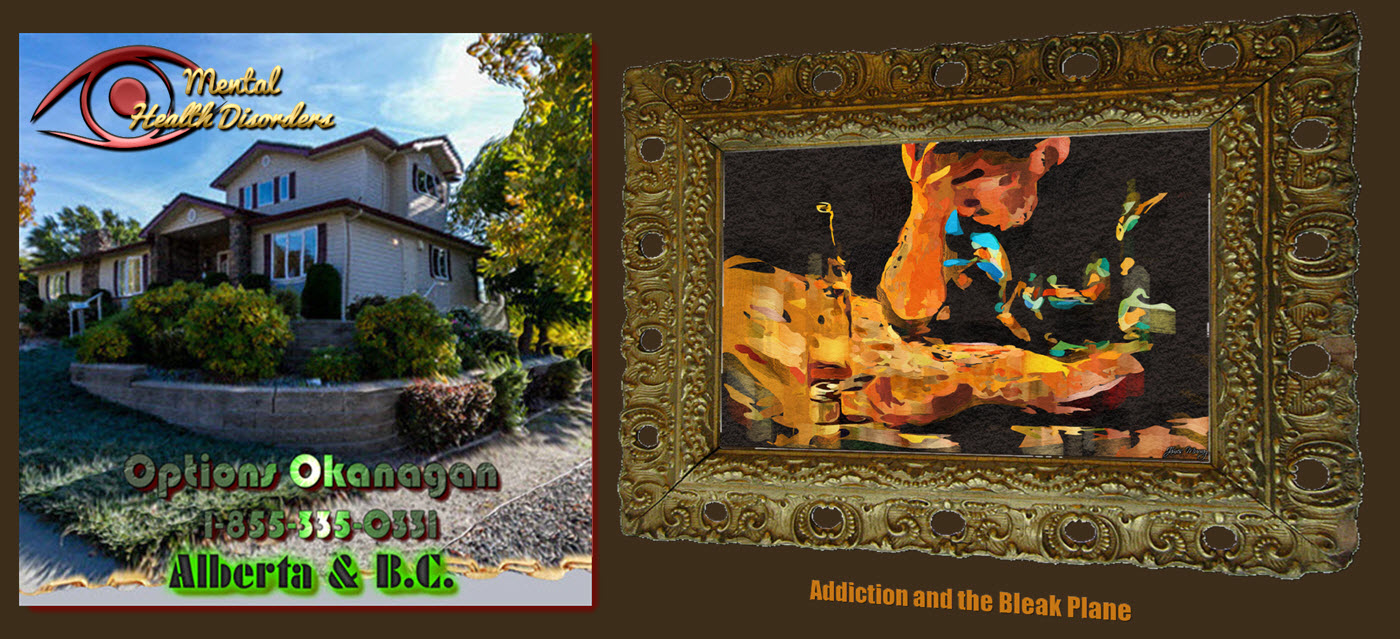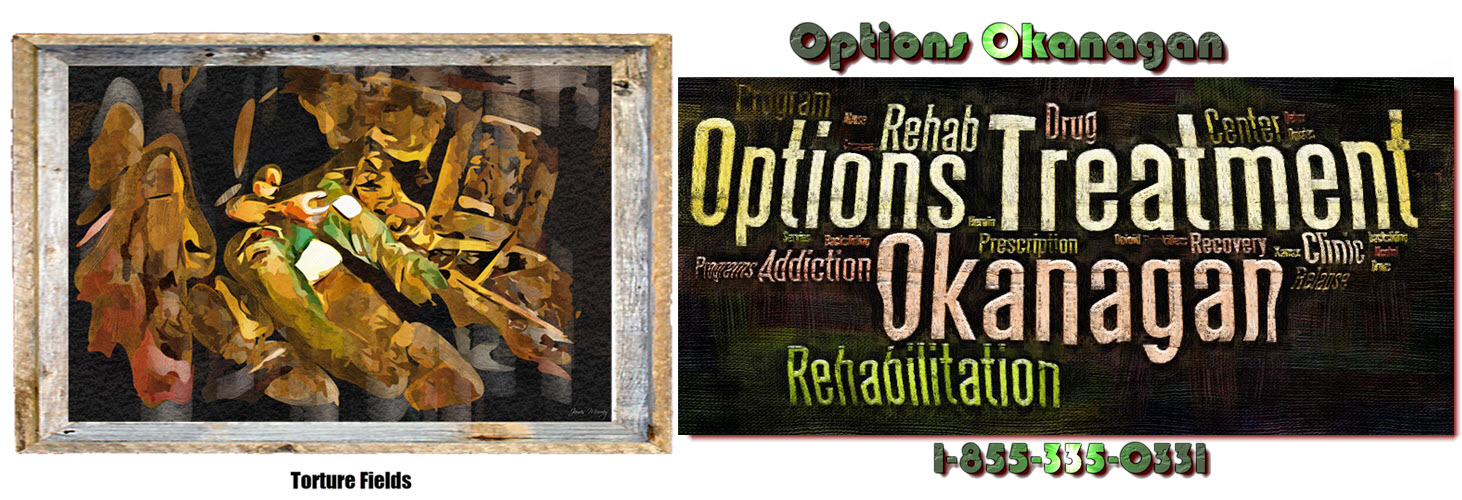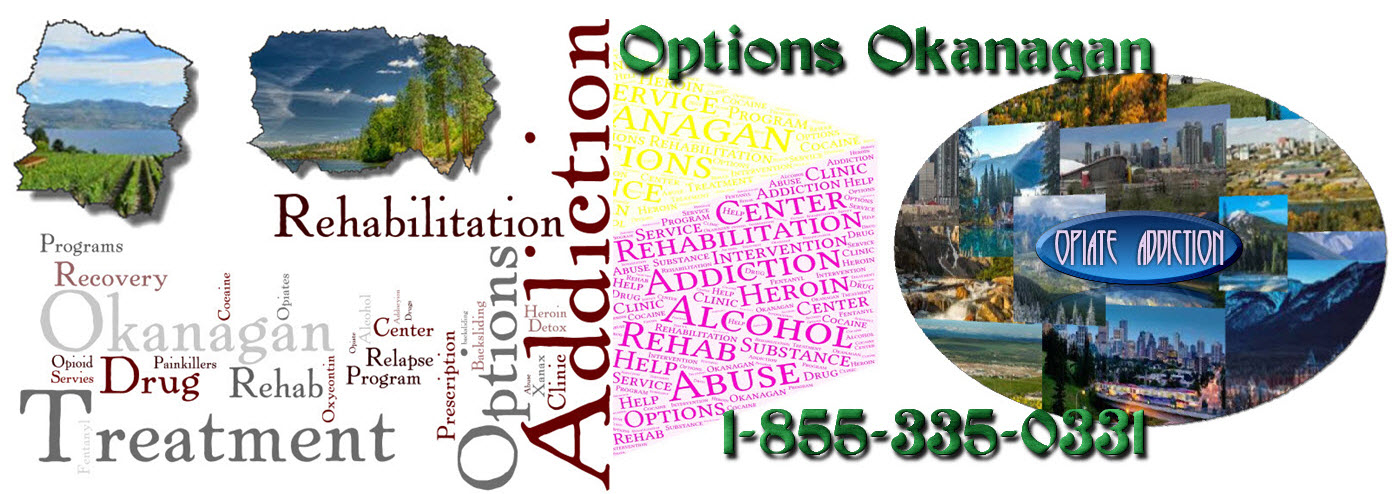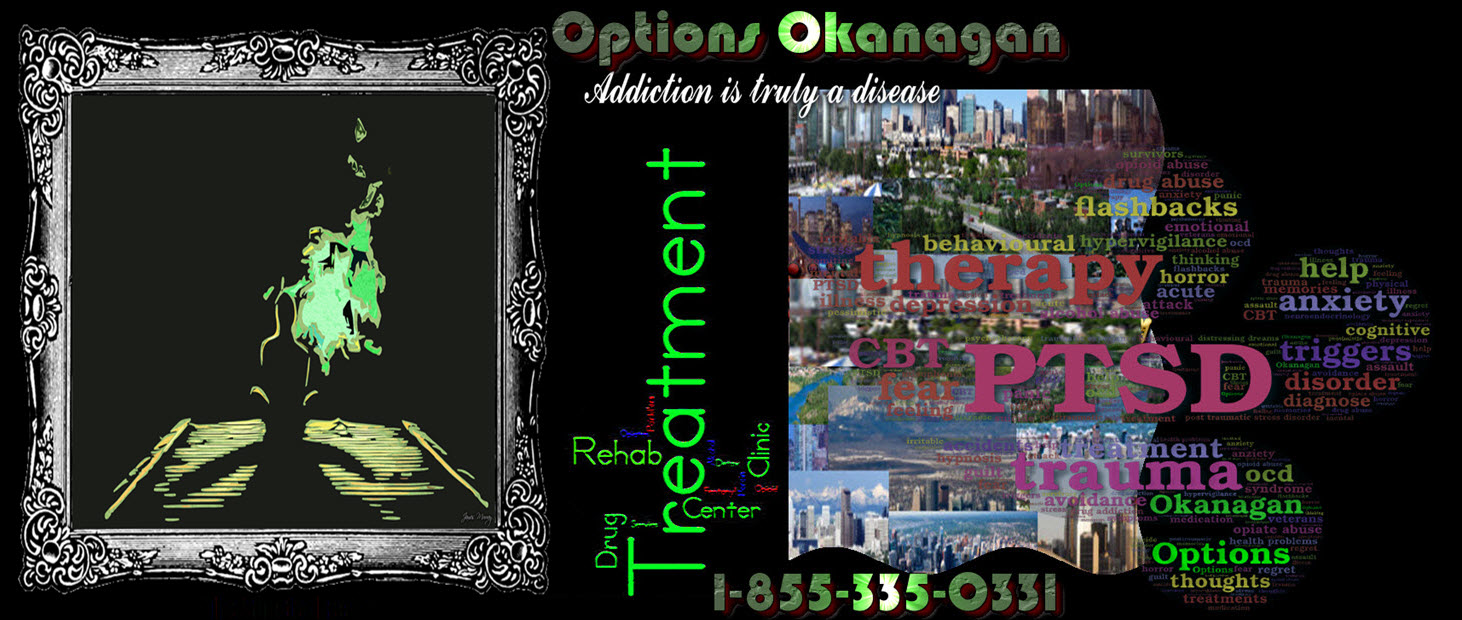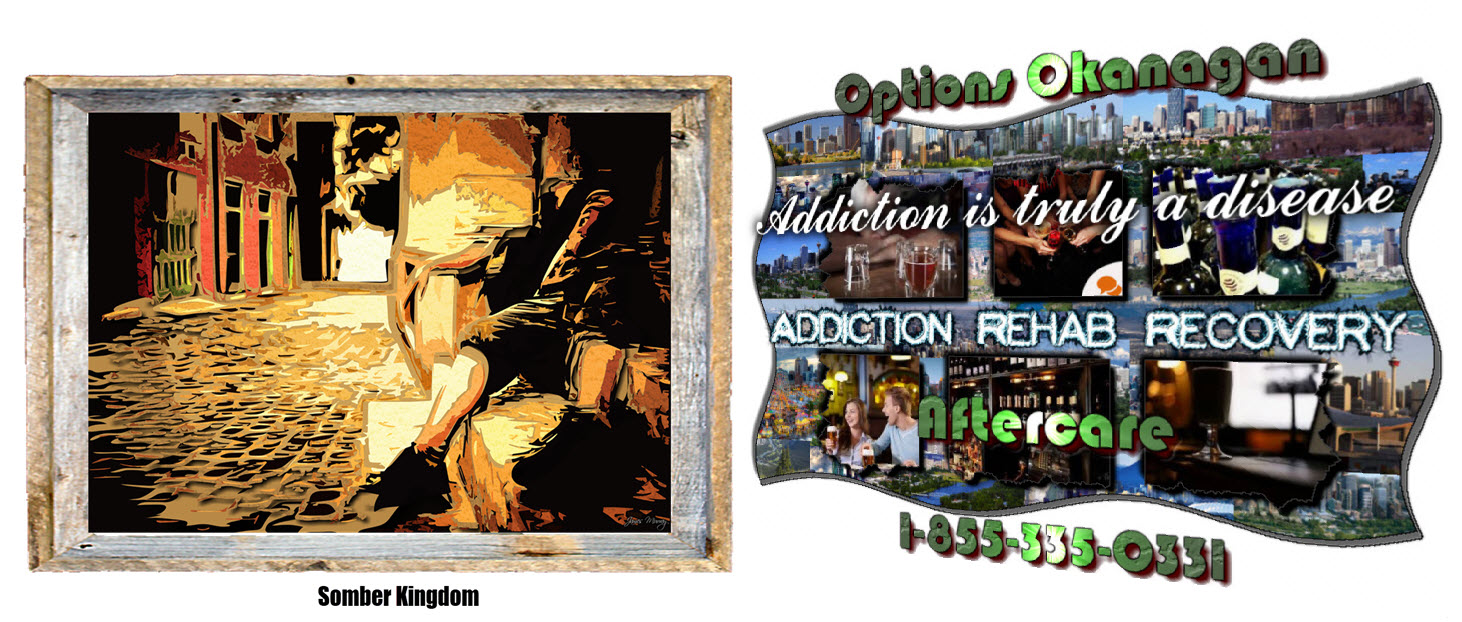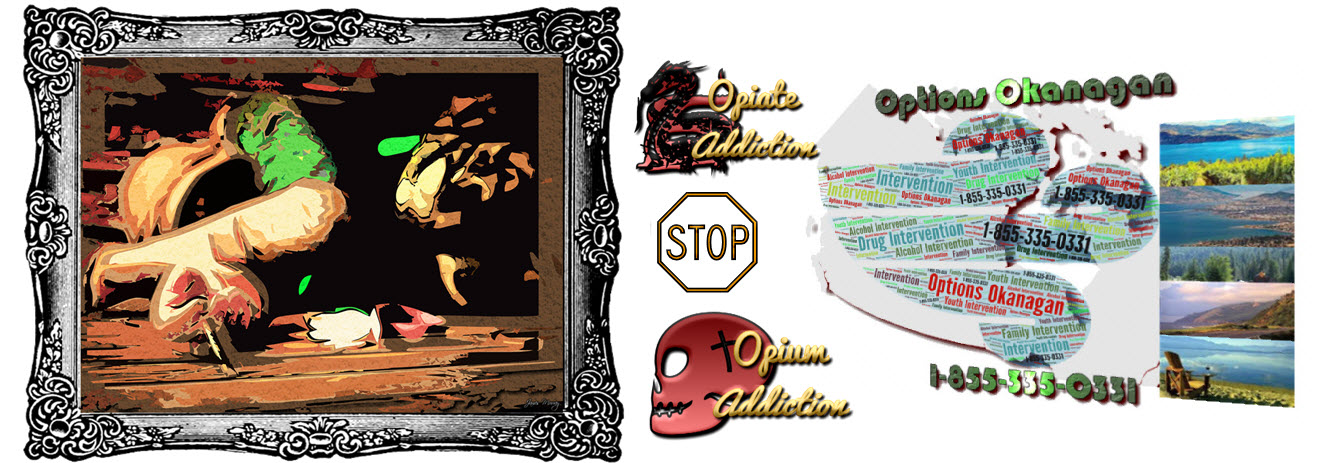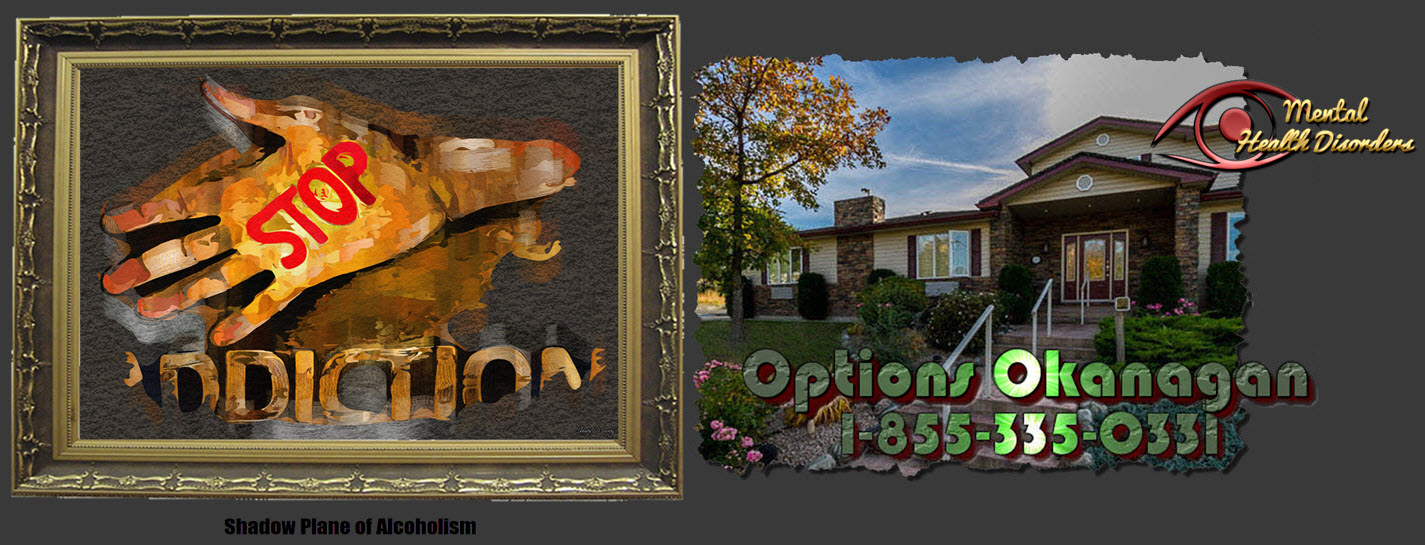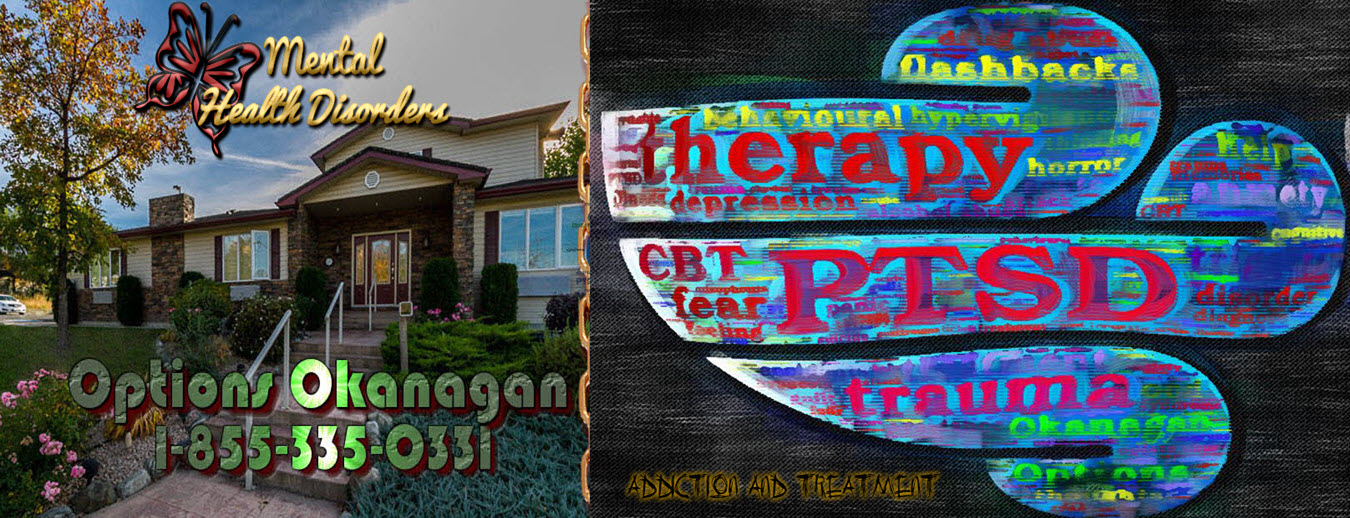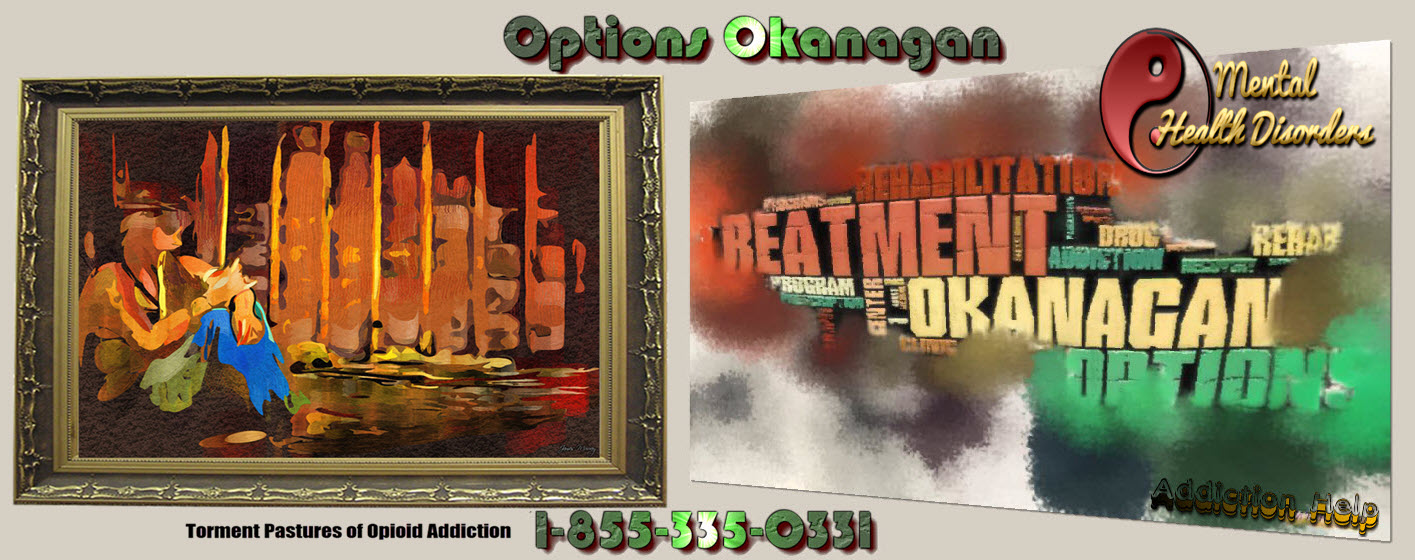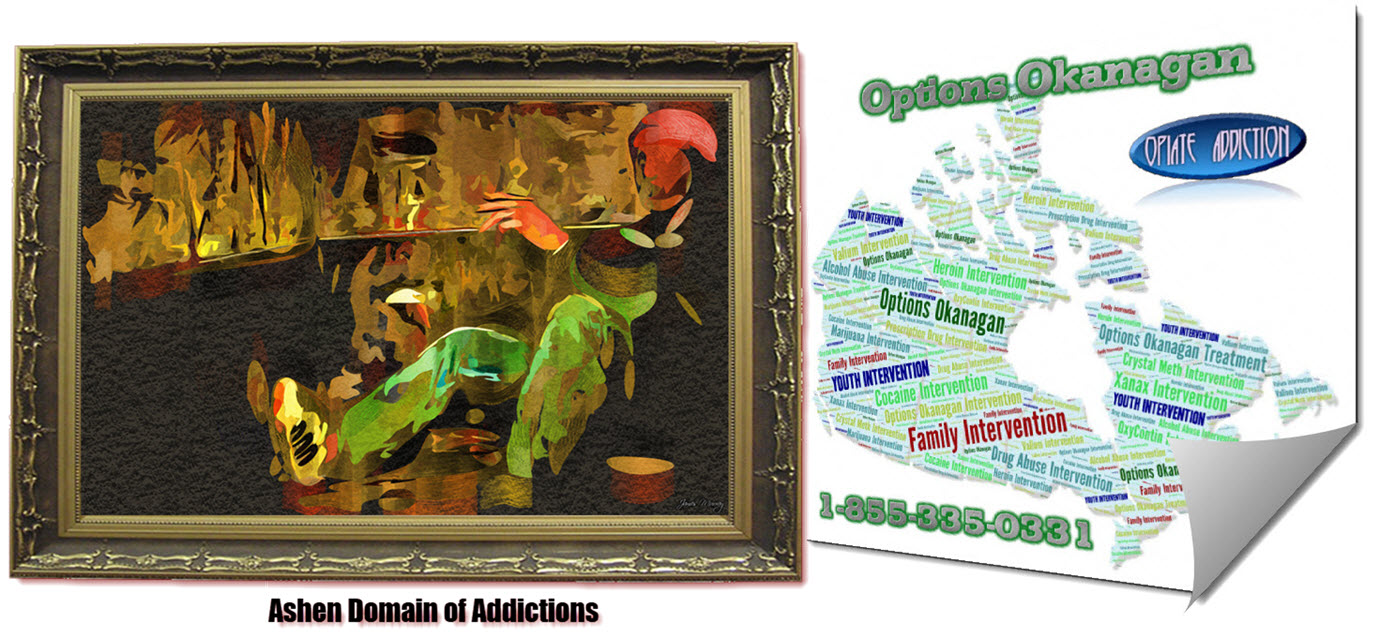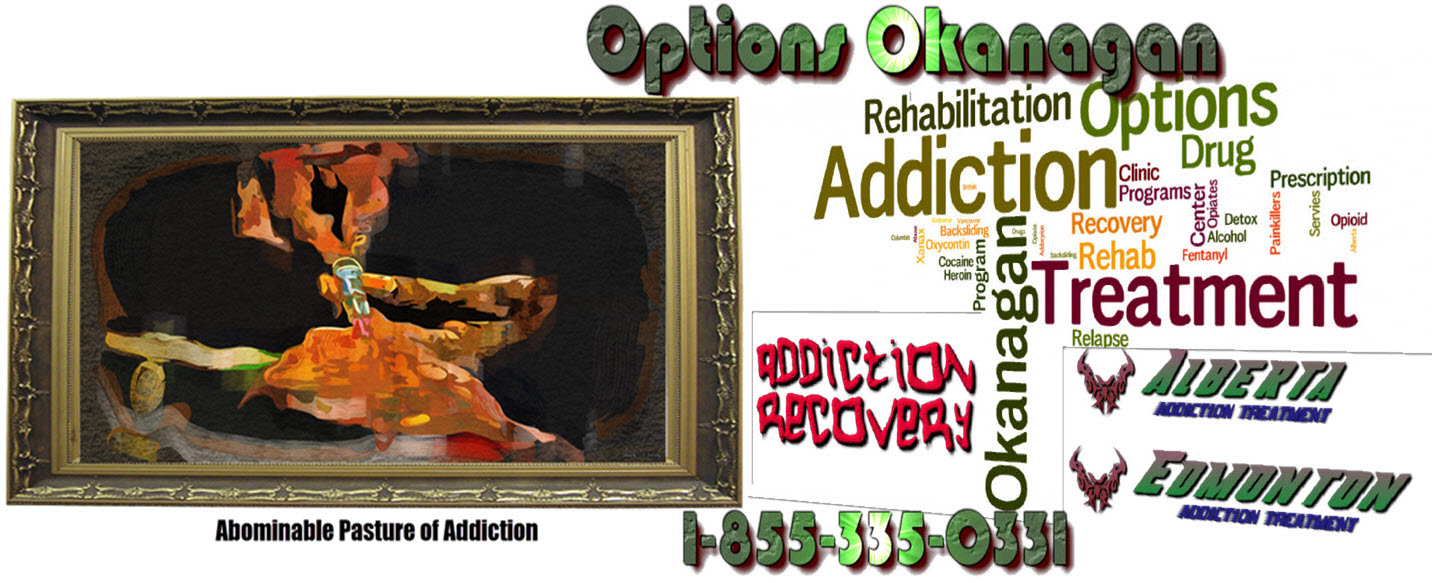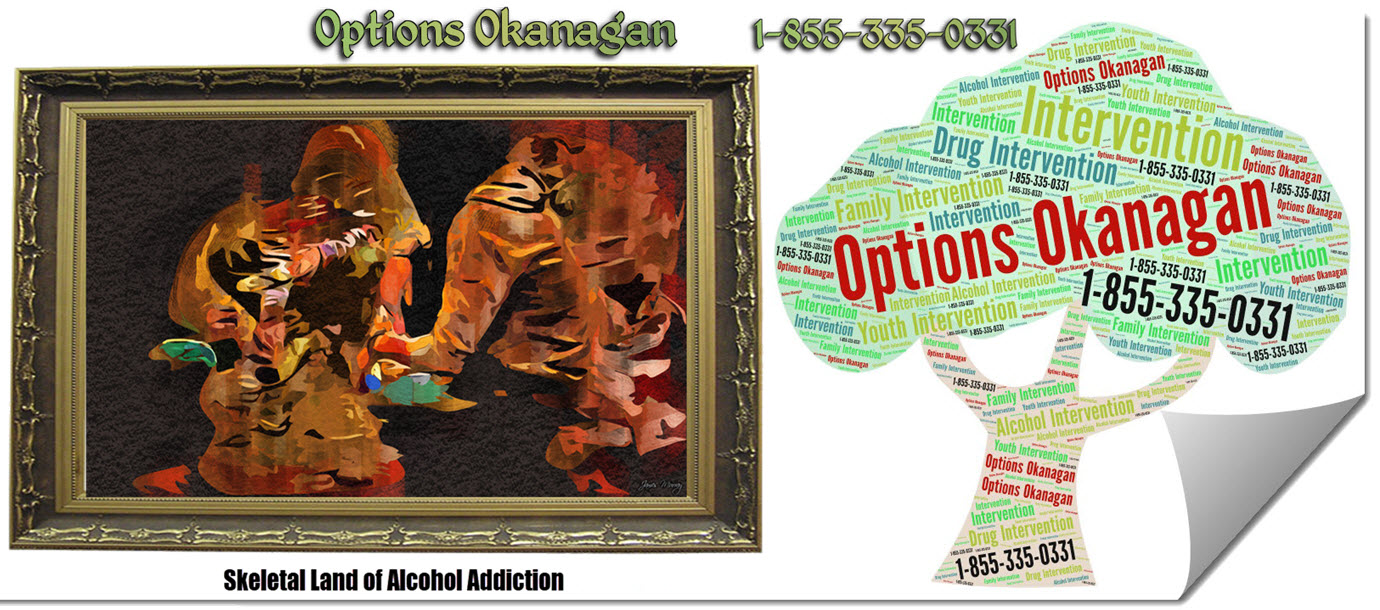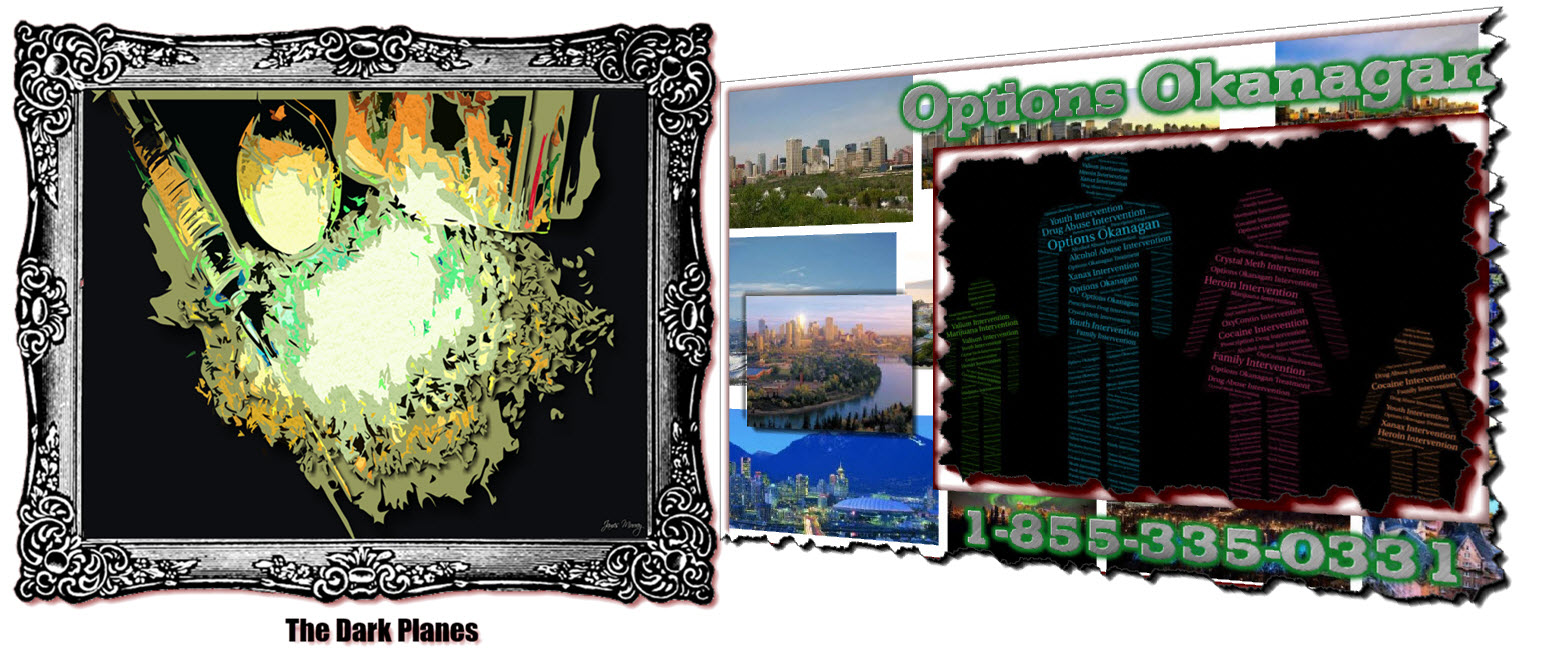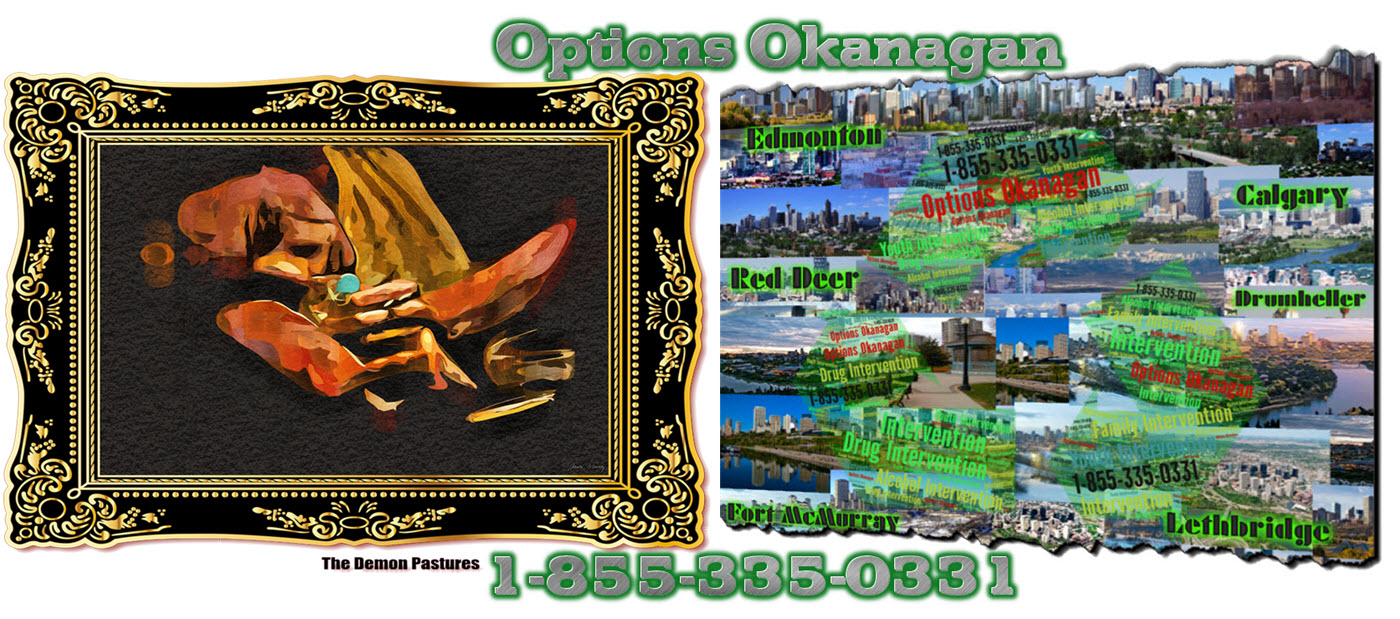Prevention of addiction relapses after experiencing losses – Opiate and prescription drug interventions and rehabs in British Columbia and Alberta – Options Treatment Center in Kelowna, British Columbia treating prescription drug, Opioid, opiate, fentanyl, heroin and alcohol addiction and recovery.
Prescription Drug Rehabs In Alberta And BC
What situations were triggered in previous grief experiences? Some may associate events such as a resurrection or funeral with usage, especially if those are common behaviors in the group with these shared experiences. If this has happened to a person in the past, think about what they can do to make this situation safer for them. This can be achieved by attending events with serious support from colleagues, telling a few people about their recovery to hold them accountable, and limiting the time spent on these events. The discomfort associated with this suggestion is natural and this is not a complete list of possible solutions.
Part of recovery is finding their way through challenging situations like these creatively and safely. Finally, we may need to consider not being there at all and find our own way of grieving enough. Depending on where we are in our recovery, there may be situations that are too dangerous for us. It is important to remember that decisions in this direction are based on protecting ourselves, and we can further say that we are worthy enough to be protected.
Grief is not a road that individuals have to go through and experience alone. Learning how to trust other people and seek help are skills that are often needed for addiction recovery. Many people will feel uncomfortable seeking help with their emotions, and perhaps because individuals feel uncomfortable dealing with them alone. In this case, please note who we want to contact for what reasons. Individuals may feel uncomfortable revealing their souls to others about the death of a loved one. In this case, think about the roles we are currently seeking in other people. Sometimes we need to distract ourselves from provoking emotions and this can be done with the help of our support network. This can be achieved by attending a support group, taking a walk in the park, or eating together. Even if we are not prepared to process some of our negative emotions, there is a sense of security when we are with the right people.
Deal with the disadvantages
Death can be viewed as a common experience of unfairness. The idea that life can be cut short while still having much to give and receive is terrifying and troubling. The death of another person can even make us think about our own death, which is a problem for many. During this experience, we need to look at the gifts we receive from that person. Be prepared to ask if this person gave, and was tangible or not and what this all means to you. I was recently asked about death in my own life and thought about the kindness and gratitude I received and how it has helped me. I didn’t realize it myself, but this man helped me to see that I also showed kindness and gratitude to the deceased. When someone dies, we often look for causes in the experience that might be lost and blame ourselves. We may never truly realize how positively and lovingly we have affected the lives of the dying, but we can trust our own memories and how we felt at the time. As difficult as it is, we owe it to the lost and to ourselves to see not only the gifts we have given others but also what those gifts mean to them.
Options Okanagan Opiate and Alcohol Treatment Centers in Kelowna, Salmon Arm, and Vancouver, British Columbia – Men and Women are recovering and healing from Alcohol and Drug Abuse at our treatment center here in the Okanagan right now.
Our unique and distinctive Opiate Drug and Alcohol treatment program allows men and women to come in from Calgary as well as Edmonton as we offer airport pickup.
Numerous clients come to us from Vancouver, Calgary, and Edmonton and other locations in Alberta and even other provinces for Opiate addiction treatment, heroin drug treatment, many other drugs, and alcohol addictions for rehabilitation because of the uniqueness of our treatment center.
Our (Kelowna) Alcohol and Drug Treatment Program Location:
(Not Mailing Address) – Contact Us – Web Page
For Mail Delivery :: Please contact each center for correct mailing addresses, also this location is the location of our residential treatment programs in Kelowna. Please call Toll Free 1-855-335-0331 – to contact the treatment center you are going to for the address and directions.
Options Okanagan Drug and Opiate Treatment Center
551 Sherrydale Crescent, Kelowna, British Columbia, V1V 2E6
Toll-Free Phone Number: 1-855-335-0331

